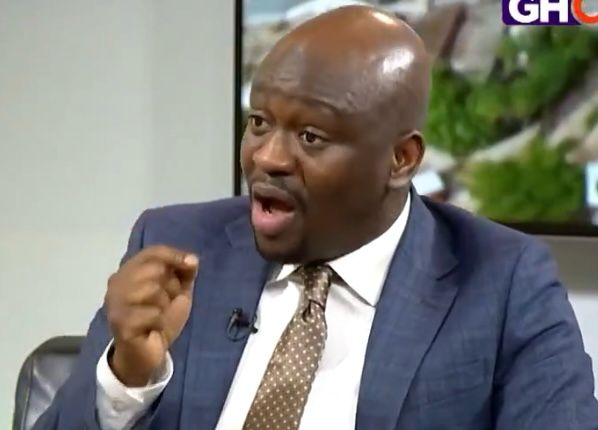Hamza Suhuyini, a prominent member of the National Democratic Congress (NDC) communication team, has sharply criticized former Vice President Dr. Mahamudu Bawumia for his recent analysis of the New Patriotic Party’s (NPP) defeat in the 2020 general elections. Dr. Bawumia, during a thank-you tour organized by the NPP, attributed the party’s loss to a confluence of factors, including the prevailing economic hardship, ineffective internal party management, unpopular government policies such as the Electronic Transfer Levy (E-Levy), and a perceived “arrogance of power” that alienated a significant portion of the electorate. He also cited the high cost of living, the government’s reluctance to reshuffle appointees, and the implementation of the Domestic Debt Exchange Programme (DDEP) as contributing factors to their electoral setback.
Suhuyini, however, contends that Dr. Bawumia’s post-election analysis is driven by self-interest and political expediency rather than genuine concern for the party or the nation. He accuses the former Vice President of strategically timing his criticisms to align with his personal political ambitions, specifically his aspiration to become the NPP’s flagbearer in the next election cycle. Suhuyini argues that Dr. Bawumia remained silent on these critical issues while in government because speaking out would have jeopardized his presidential aspirations. He questions the sincerity of Dr. Bawumia’s pronouncements, suggesting they are calculated moves to distance himself from the unpopular policies of the Akufo-Addo administration and position himself as a reformer within the NPP.
The crux of Suhuyini’s criticism lies in the perceived hypocrisy of Dr. Bawumia’s newfound outspokenness. He points out that if Dr. Bawumia genuinely disagreed with policies like the E-Levy, which imposed a tax on electronic transactions, he had the option to resign from his position as Vice President on principle. Suhuyini further highlights Dr. Bawumia’s mention of other controversial issues, including the alleged mismanagement of funds for the National Cathedral project and the pervasive “arrogance of power” within the Akufo-Addo administration, arguing that these issues were known during Dr. Bawumia’s time in office but were conveniently ignored.
Suhuyini draws a parallel between Dr. Bawumia’s conduct and the actions of politicians in other countries who resign from their positions when they have fundamental disagreements with government policies. He emphasizes that by remaining silent and complicit during his tenure as Vice President, Dr. Bawumia effectively endorsed the very policies he now criticizes. This, according to Suhuyini, undermines the credibility of his current pronouncements and casts doubt on his commitment to the principles he now espouses. He portrays Dr. Bawumia’s current stance as an opportunistic attempt to rewrite history and distance himself from the failures of the Akufo-Addo administration.
Furthermore, Suhuyini contrasts Dr. Bawumia’s behavior with that of President Akufo-Addo, who, despite policy differences, refrained from publicly criticizing his predecessor, former President John Agyekum Kufuor. This comparison serves to highlight what Suhuyini perceives as a lack of loyalty and respect from Dr. Bawumia towards President Akufo-Addo, suggesting that his criticisms are motivated more by personal ambition than genuine concern for the party’s future. He argues that Dr. Bawumia is attempting to exploit the NPP’s electoral defeat to advance his own political career, rather than taking collective responsibility for the party’s shortcomings.
In essence, Suhuyini’s critique paints a picture of Dr. Bawumia as a calculated politician who prioritizes personal gain over principled leadership. He accuses the former Vice President of opportunistically distancing himself from the unpopular policies of the previous administration while simultaneously attempting to capitalize on the NPP’s defeat to bolster his own presidential ambitions. This, according to Suhuyini, demonstrates a lack of integrity and undermines Dr. Bawumia’s credibility as a potential leader.














